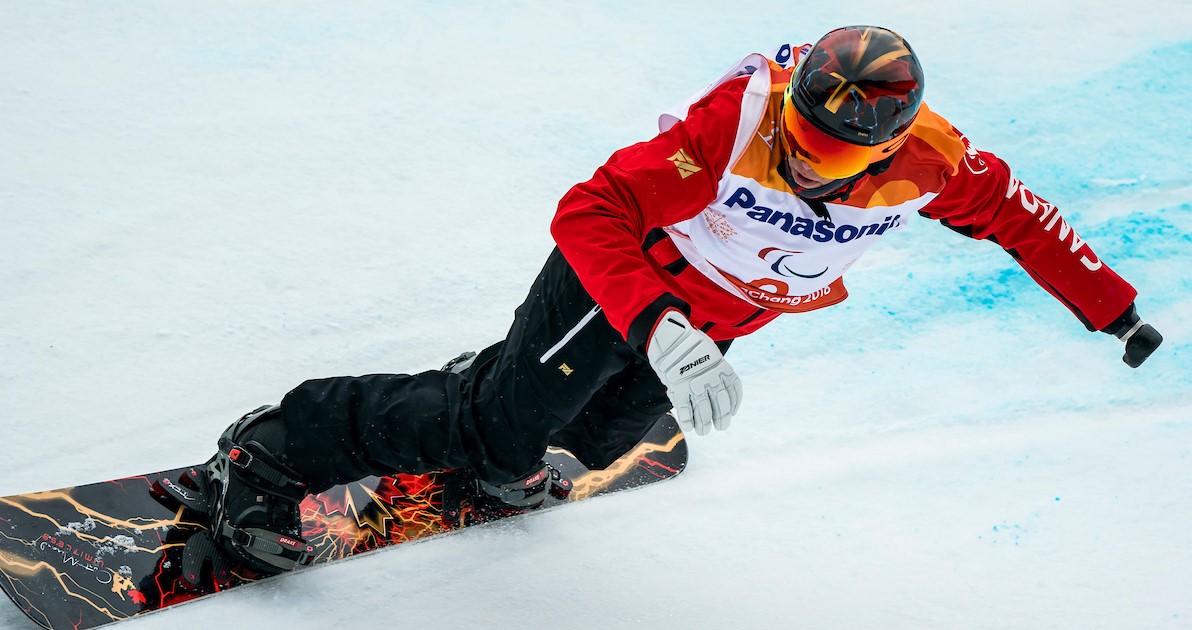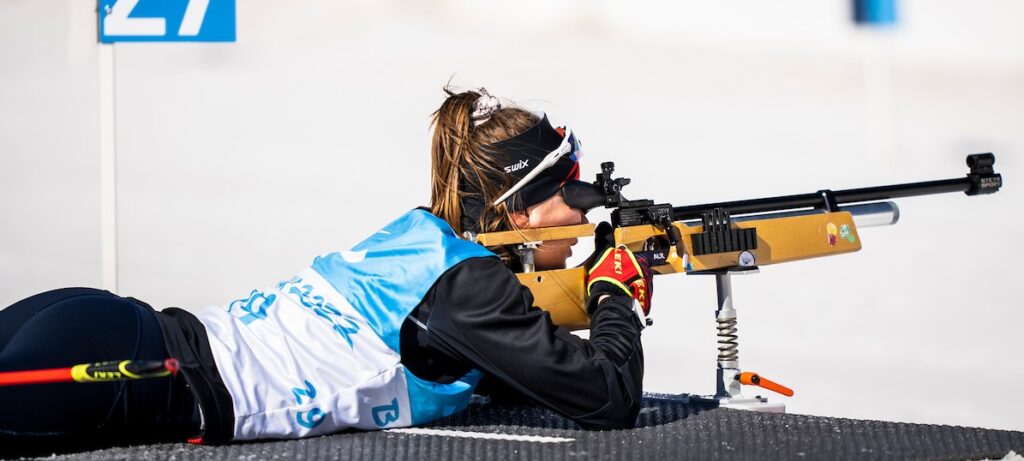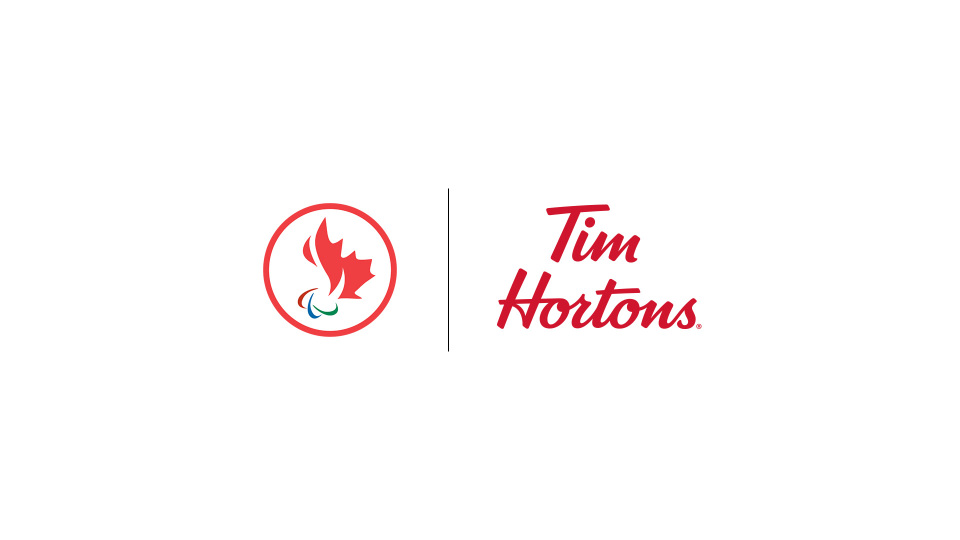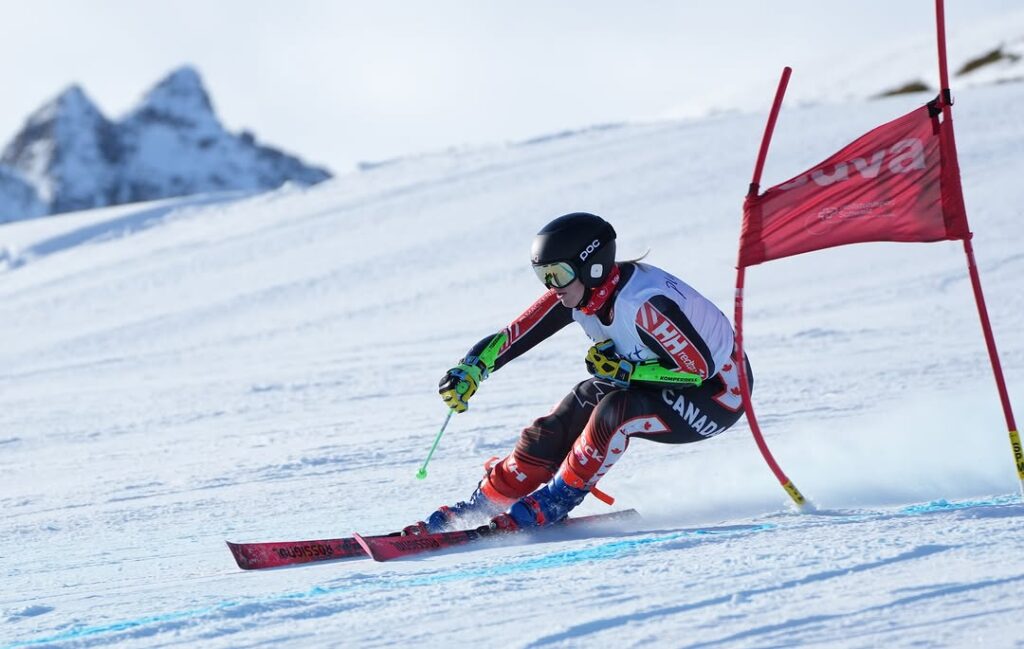Injury woes lead Para snowboarder Minard to retirement
‘’I wasn’t sure if I would be able to ride free”

VERNON, B.C. – Curtis Minard felt his riding style would be compromised due to recent injuries and so the Canadian Para snowboarder recently decided to call it a career in competitive sport.
Para snowboard is the extreme sport of the Paralympic family. It became an official Paralympic Games sport in 2014 and is also on the X Games schedule.
Of particular concern for Minard – who competed at the Paralympic Games in 2018 – was a series of recent concussions along with shoulder and elbow injuries.
‘’I wasn’t sure if I would be able to ride free,” said the 41-year-old from Vernon, BC. ‘’I was wondering whether I would be able to go out to perform like I used to, and that’s not being careless, but being worried about getting injured.
“These injuries take weeks to recover physically, and mentally as well, because you’re always fearing whether you’ll reinjure it.’’
Due to COVID-19, his physio treatments were cancelled for weeks and that is when Minard made the decision.
‘’I was starting to see some pretty good benefits from my treatment prior to COVID,’’ he said. ‘’But everything I gained I just lost because I didn’t have that hands-on treatment anymore. So that allowed me to reflect on my career and I realized I accomplished a lot more than I thought I ever could have.’’
Minard, originally from Weyburn, SK, lost a portion of his left hand and wrist in an electrical contact accident in 2008. He was electrocuted with over 14,400 volts of electricity, which is about 500 times more than most humans can withstand before their bodies shut down. He also had complications in the hospital, including a bursting artery in his left arm and a pulmonary embolism, both of which almost took his life.
The recovery period was difficult and also affected his mental health. Getting back into sports was a key component in his comeback and one of the key people in his physical and mental recovery was former NHLer Dean McCammond.
Through McCammond’s tutelage, he regained and even improved his hockey skills and eventually won a world title with the national amputee standing hockey team in 2012.
‘’Dean was a great role model for me going through post-accident and returning into sport,’’ said Minard. ‘’He worked with me quite a bit and taught me lots about the game. It was amazing to see it through the eyes of a pro. He broke it down to a science.’’
Joining a group of athletes with a similar disability also inspired Minard.
‘’Once I joined the national amputee team there was a comfort knowing there are people out there with just as unique stories as mine,’’ he said. ‘’It was great to go out there on the ice and show what we could all do. It was a rewarding milestone for me.’’
Minard says that ability to believe in himself again made it an easy decision to change his focus to Para snowboarding.
‘’I wanted to be a multi-sport athlete,’’ he said. ‘’I had success right off the bat in snowboarding and our coach Mark Fawcett (an Olympic snowboarder) believed in me. I was addicted from that point on. I knew it was going to take time, a lot of work, training, and dedication but it’s what I wanted to do.’’
Minard, married and the father four, was sixth in the snowboard cross and eighth in the banked slalom at the PyeongChang 2018 Paralympic Winter Games. That same year he was second in the World Cup standings.
“The road to PyeongChang was not a path that came easy but a path that I reflect on that showed the accomplishments and grit to sacrifice every piece of your well-being to possibly taste victory,’’ he told the
Vernon Morning Star about his Paralympic experience. “Most important, it showed myself what determination was within and how much we all love our country.”
As for the future, Minard continues to work with BC Hydro, is also building a house and plans to resume his motivational speaking engagements once the pandemic ends. He also wants to stay involved in Para sport.
“I feel it’s our job as athletes that when we retire to stay involved as a mentor or a coach to help with that learning curve. I think our youngsters and NextGen athletes could really benefit from it.’’



"*" indicates required fields
"*" indicates required fields